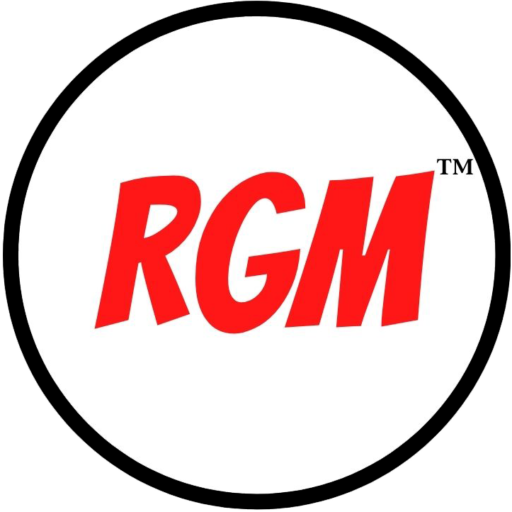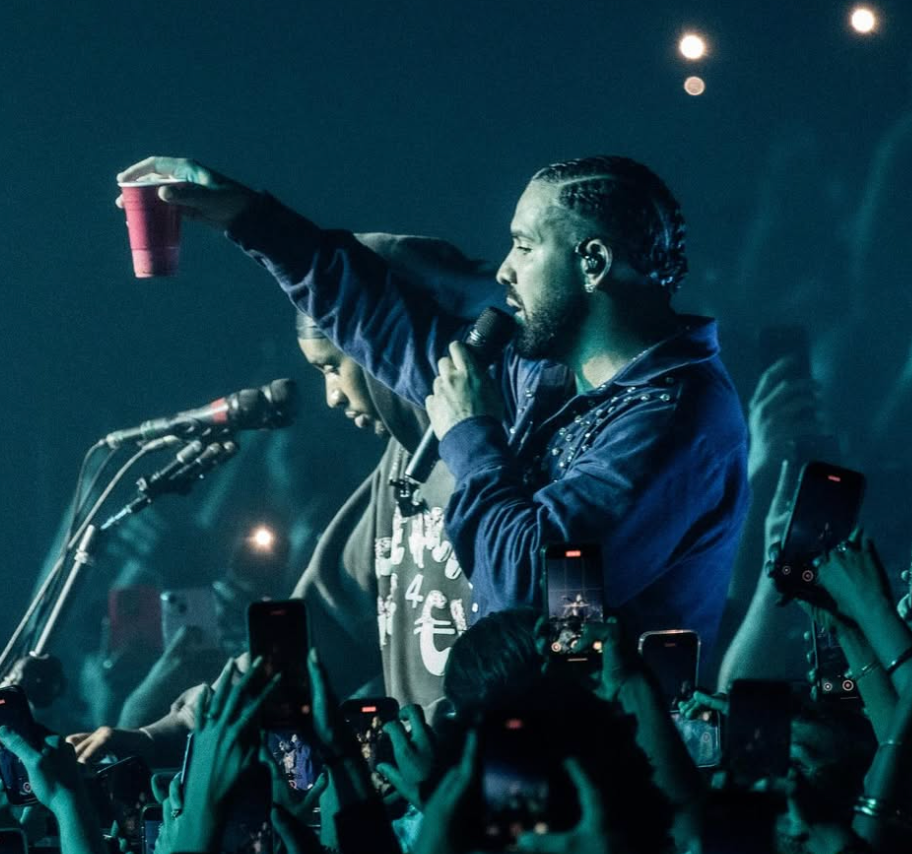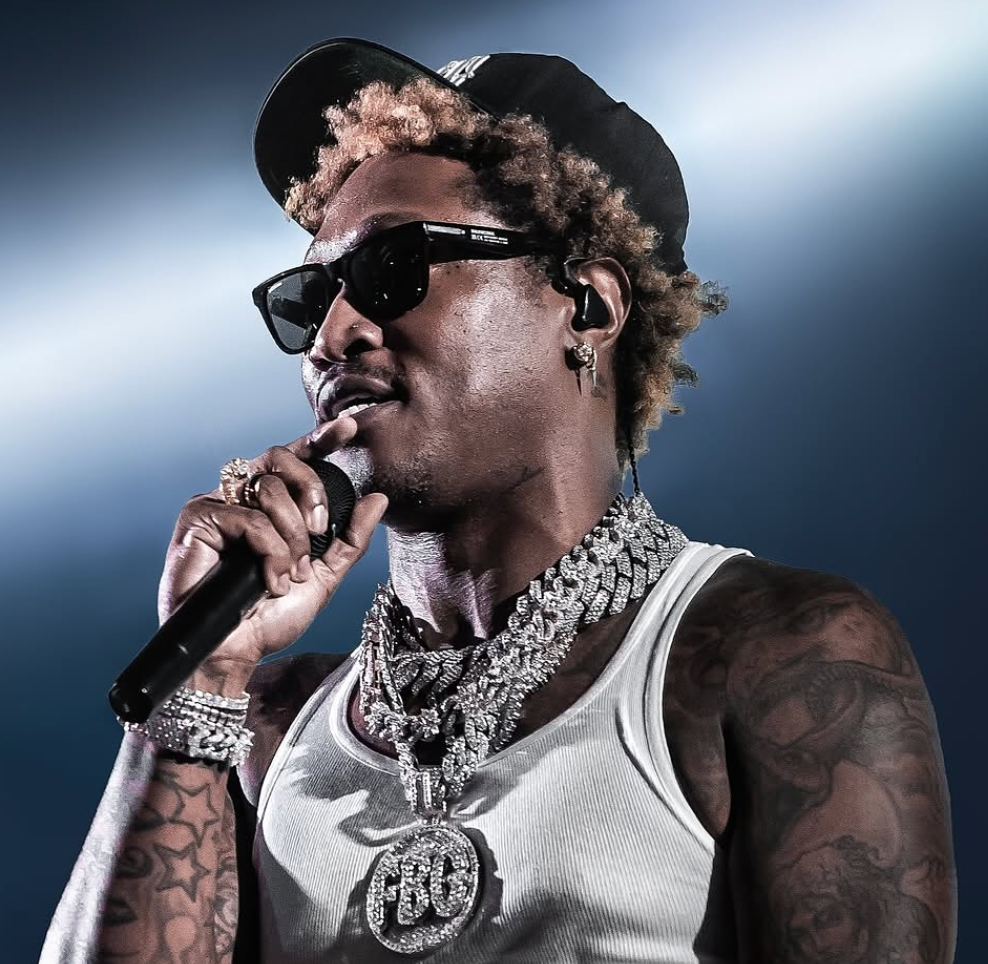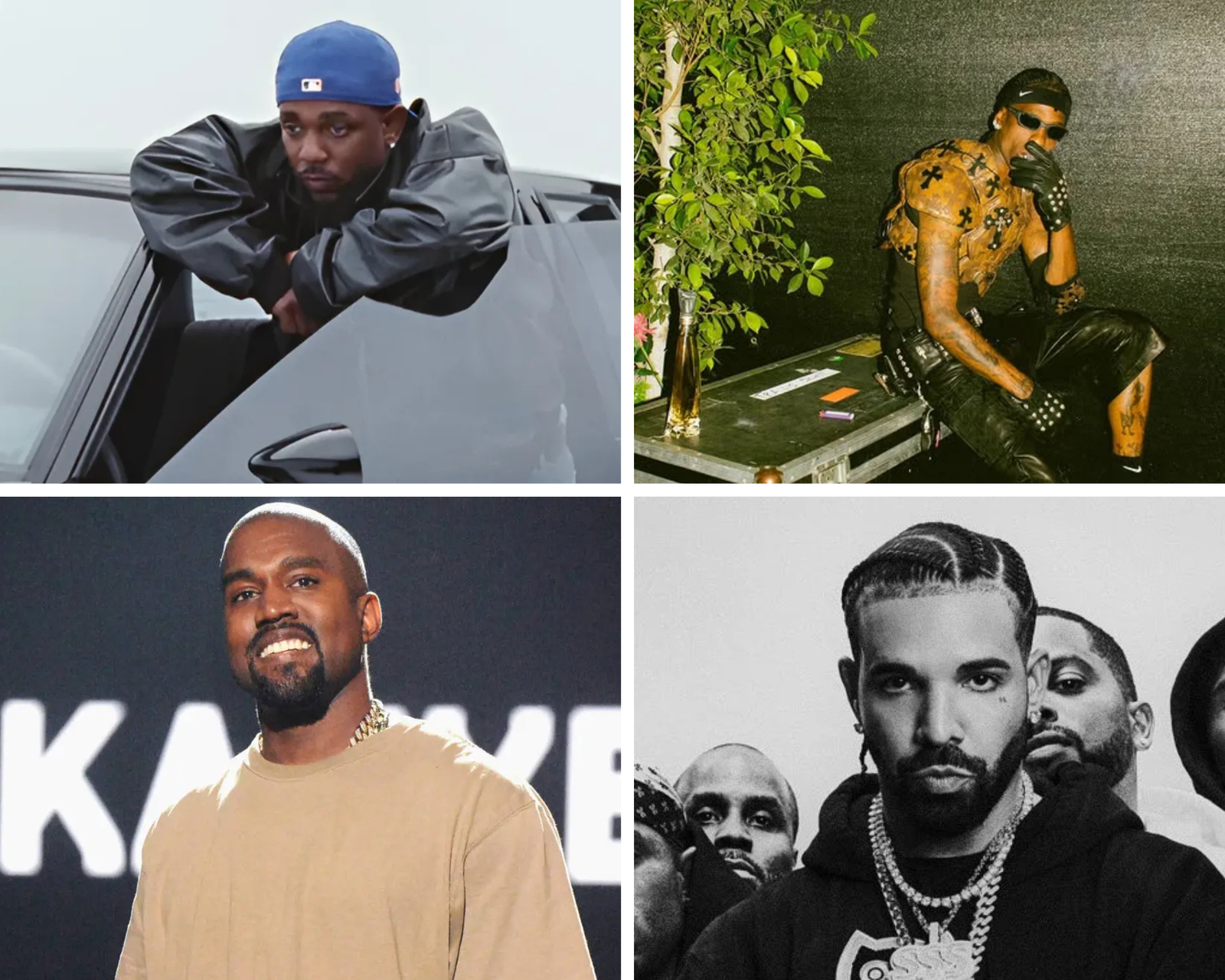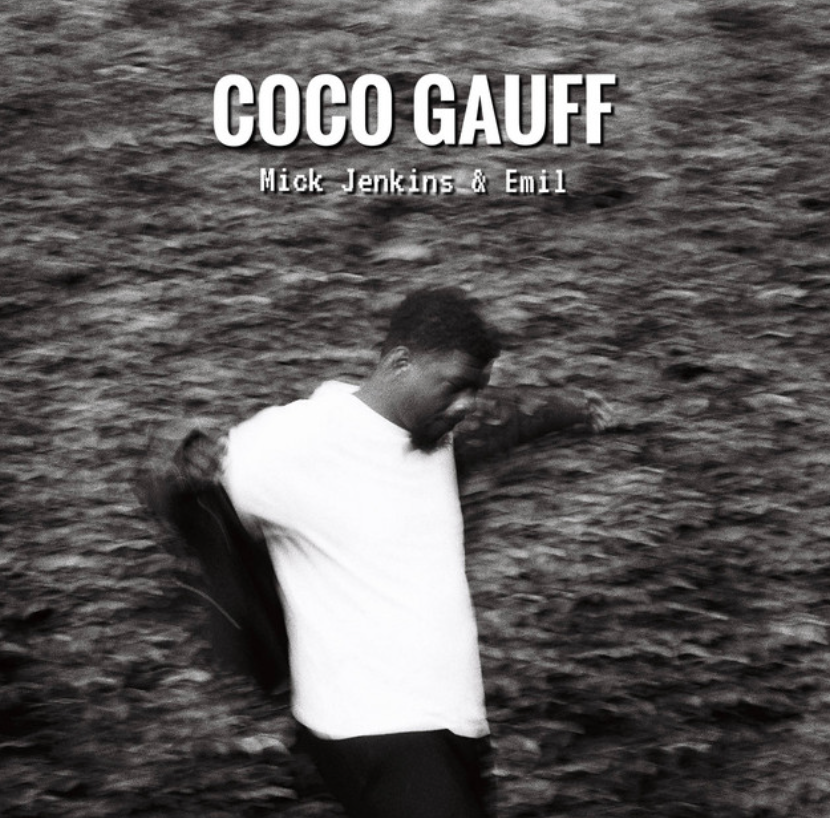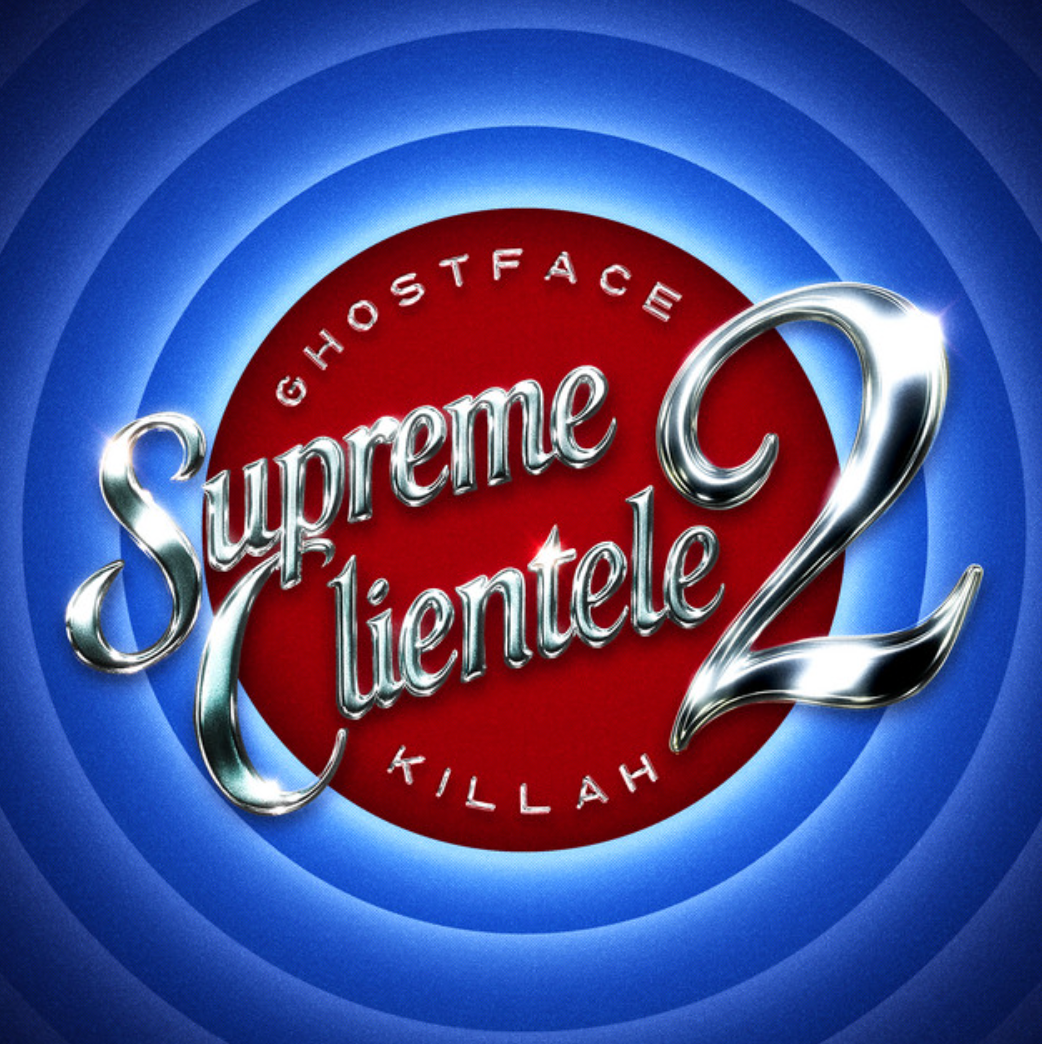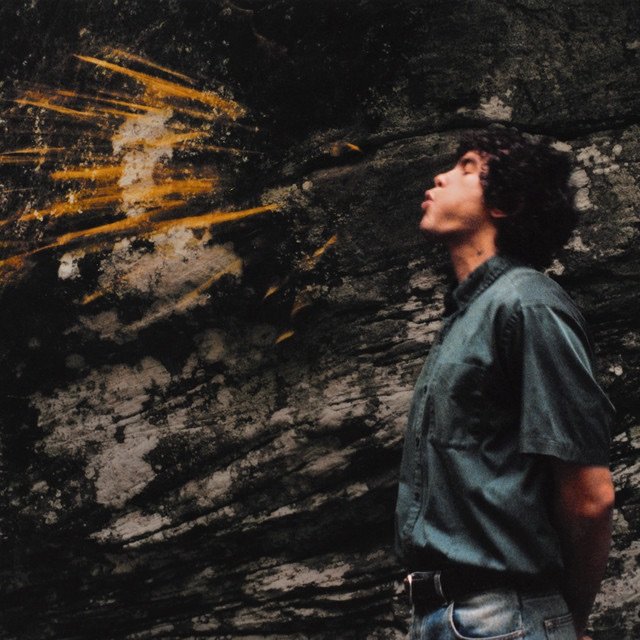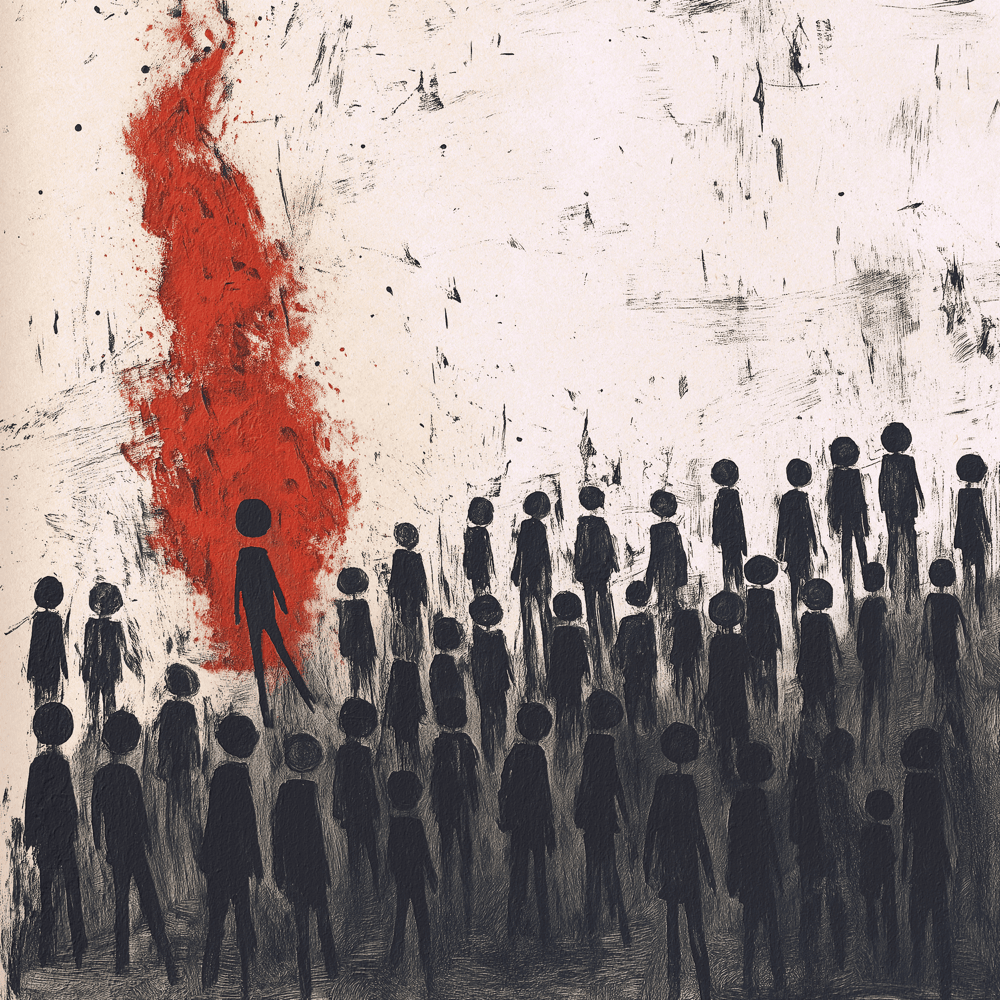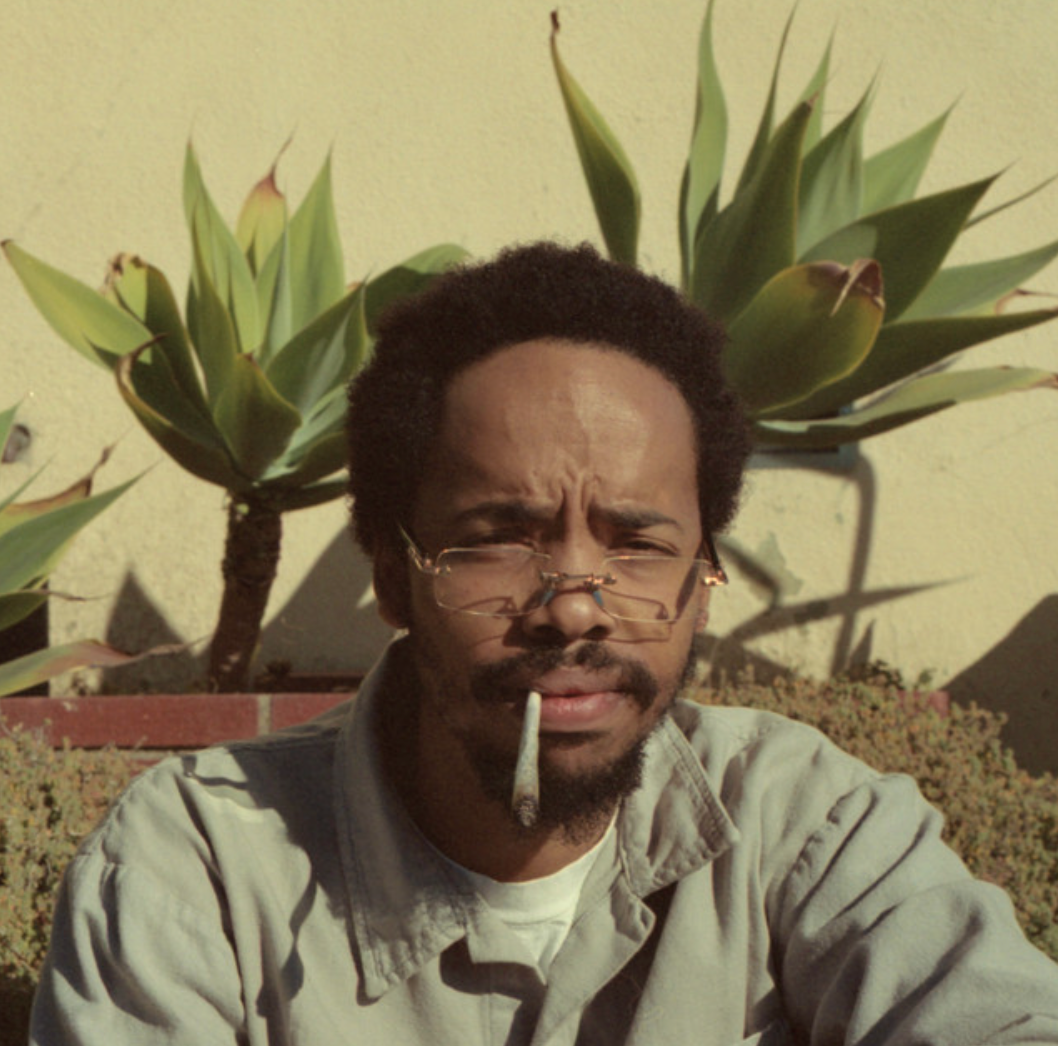
If there’s one thing Star Wars fans love more than Star Wars, it’s talking about their love and/or hatred of Star Wars. To put it simply, we’re here to talk about Star Wars.
17. Star Wars: The Rise of Skywalker
In his second turn at bat, J.J. Abrams whiffs on such a massive scale that it’s still kind of unreal to think about. The Rise of Skywalker had an admittedly tall order: it needed to work as a film in its own right, as the conclusion of the sequel trilogy, and as an ultimate culmination of the entire saga that had come before it. But it cannot be overstated just how horribly it fails at any and all of those tasks.
Abrams has long had a penchant for regurgitating with shallow artifice and vapidly nostalgic aesthetics rather than actually engaging with the substance of the thing he’s working on. In The Force Awakens, those instincts were tamped down as much as they had ever been, in no small part due to his collaboration with the great Lawrence Kasdan (the man responsible for The Empire Strikes Back, Raiders of the Lost Ark, and Silverado). But in The Rise of Skywalker, it is egregiously apparent very early on that Abrams has zero interest in making anything meaningfully engaging with any part of the Star Wars legacy that isn’t just the most surface-level of things. Truly atrocious stuff.
GRADE: (F)
16. The Book of Boba Fett
Riding high off the commercial success of the first two seasons of The Mandalorian, Jon Favreau and Dave Filoni decided to spin off the long-beloved antagonist Boba Fett into his own series. In theory, it was the kind of thing that many fans had been clamoring for for decades. In execution, it was an incredibly scatter-shot, unfocused few episodes of a show that failed to ever meaningfully put the spotlight on its titular character. Instead, the weight of the season is devoted to undoing the cliffhanger ending of the previous season of The Mandalorian as quickly and unsatisfactorily as possible, and having AI-powered, de-aged Luke Skywalker show up again.
The truth of The Book of Boba Fett is that Jon Favreau was passionate about making a Boba Fett show… but he did that already. The Mandalorian is his Boba Fett show. Every idea he had kicking around in his head regarding that character was funneled into The Mandalorian previously, leaving him with so little interest in actually exploring Boba Fett as a character that he just didn’t.
GRADE: (D-)
15. The Mandalorian
Listen, I like Jon Favreau just fine. In many ways, he is a pre-eminent auteur of his generation, for better or worse. But I think Jon Favreau has a very specific idea of what Star Wars is, can be, and should be, and that idea is mostly just action figures crashing into one another.
For some reason, Favreau insists on writing every single script for The Mandalorian and Book of Boba Fett wholly by himself, and man does it show. What started out as a fairly strong, insular show within the realm of Star Wars quickly devolved into something repetitive, stagnant, and indulgent. In the first season, Grogu and Din feel like real characters who grow and develop alongside each other. But by the time you reach season two, they are just two stationary, unmovable archetypes who run into other famous Star Wars characters. The Luke Skywalker finale of season two is often pointed to as a high-point by many, but I find it really reprehensible on a number of levels: from AI-generated tech used to bring Luke’s robotic voice to life to believing that Luke Skywalker showing up to decapitate antagonists is indicative of that character, to the cold and calculated way Luke’s CGI-replacement face shows zero emotion, it all just feels wrong, even on a moral level.
The third season reined in the Star Wars cameos, but grew even more content to just allow Din and Grogu to never experience any moments of growth, conflict, or meaningful change, and the show has gotten progressively duller as a result.
GRADES: Season 1: (B-)
Season 2: (C-)
Season 3: (D)
14. Rogue One
Rogue One is an intriguing film, brimming with Gareth Edwards’ signature grandiose spectacle. However, it’s also a movie that’s somewhat of a mixed bag from start to finish. Allegedly, Edwards was largely sidelined during reshoots, with writer/director Tony Gilroy stepping in to steer the ship instead. This results in a film that often feels pulled in two directions simultaneously. While some elements really shine, the overall experience feels ultimately unsatisfying. The characters’ development lacks consistency and cohesion throughout the film, making their sacrifices come across as unearned and underwhelming.
My biggest personal gripe with Rogue One is how it makes the Star Wars galaxy feel smaller. The opening of Lucas’ original 1977 film suggests a vast, expansive universe, thrusting us into the middle of a grand story. However, Rogue One, by bridging the gap to that film’s opening frame, seems to diminish rather than enhance that sense of scale and wonder.
GRADE: (C)
13. Obi-Wan Kenobi
Obi-Wan Kenobi serves as a triumphant celebration of the prequel trilogy and its performers. The mini-series excels with Ewan McGregor delivering a standout performance, and Deborah Chow making some genuinely inspired directorial choices. I particularly appreciate the series’ commitment to deeply exploring Kenobi’s grief and trauma from the Empire’s rise. While the season has its ups and downs, the final two episodes penned by Andrew Stanton, which allow McGregor and Hayden Christensen to reprise their roles in both past and present, are particularly strong. Christensen’s return highlights his invaluable contribution to Star Wars, showcasing his talents in a significant way decades later.
GRADE: (B-)
12. Solo
Much like Rogue One, Solo faced its own production challenges, losing its original directors, Phil Lord and Chris Miller, due to disagreements over their improvisational approach to Lawrence Kasdan’s script. Replacing them, Ron Howard stepped in and delivered a solid space western. The film’s greatest strength lies in its stellar cast and its embrace of the pulpy style Kasdan is known for. Despite some bumps along the way, Solo benefits from Alden Ehrenreich and Donald Glover’s standout performances, Bradford Young’s striking cinematography, and Howard’s adept direction, making it a thoroughly entertaining experience.
GRADE: (B-)
11. Ahsoka
Dave Filoni earned acclaim with his exceptional work on Star Wars animated series like The Clone Wars and Rebels. Ahsoka marks his debut in live-action Star Wars, stepping out from Jon Favreau’s shadow. While the results aren’t always perfect, Ahsoka fares better than the later seasons of The Mandalorian. Filoni successfully brings the character he created in The Clone Wars to life, delivering a grand, mythic Star Wars narrative with his signature touch—featuring Order 66 stories, wolves, and more Lord of the Rings references than you can count. This season showcases Filoni’s ability to craft engaging stories and leaves me eager to see what he can achieve with these resources in the future.
GRADE: (B-)
10. Star Wars: The Force Awakens
J.J. Abrams’ first outing is significantly less painful than his second. In fact, The Force Awakens ironically showcases Abrams as a more nuanced and skilled storyteller than he would later prove himself to be. The film is restrained and starts off with the high-energy, kinetic style that Abrams is known for. It introduces the new cast of characters effectively, and his mystery box storytelling technique works reasonably well, even if it doesn’t entirely suit the grand thematic scope of Star Wars. Overall, it’s a solid example of four-quadrant blockbuster filmmaking and stands as J.J. Abrams’ best film to date.
GRADE: (B-)
9. Star Wars: The Phantom Menace
After nearly two decades away, George Lucas returned to filmmaking with a monumental Biblical epic that feels so uniquely his own that it’s almost unbelievable. Despite the backlash at the time, I profoundly admire Lucas for pursuing his vision without concern for whether it aligned with fans’ expectations. Those fans sought something aesthetically similar to the original trilogy, something that felt familiar on a surface level (the kind of approach J.J. Abrams would later adopt). However, Lucas was deeply engaged in exploring the genuine themes of Star Wars and wasn’t swayed by those external pressures. The Phantom Menace is a remarkable film in its own right.
GRADE: (B+)
8. Star Wars: Attack of the Clones
Following The Phantom Menace, Lucas continues to ambitiously reverse-engineer a prequel trilogy that serves both as a cautionary tale of politics, spirituality, and brotherhood and as a recontextualization of the original trilogy, adding even deeper meaning upon retrospective viewing. If this sounds like gibberish to you, I strongly encourage you to rewatch Lucas’ six films in chronological order. The prequels are meticulously crafted with narrative and thematic setups that don’t fully pay off until the original trilogy, making a back-to-back viewing an intrinsically satisfying experience. I challenge you to do this and not be filled with awe at the extraordinary accomplishment of Lucas’ ferociously original cinema.
GRADE: (B+)
7. Star Wars: Return of the Jedi
Guess which film benefits the most from that reverse-engineering of the prequel trilogy? Return of the Jedi is a fantastic film on its own, a thrilling conclusion to the original trilogy with a final confrontation between Vader and Luke that feels monolithic due to its emotional depth. However, viewing it as the culmination of both the original and prequel trilogies adds layers of meaning and impact that make it genuinely breathtaking. Great stuff.
GRADE: (A-)
6. The Acolyte
Suffice it to say, The Acolyte absolutely rules. If the faux-negative reactions from alt-right critics have scared you away, let me assure you just how wonderful the series is. Leslye Headland has crafted a grand, personal Star Wars series that feels both ambitious and cinematic. The Acolyte boasts killer lightsaber set pieces, some of the best sets ever seen in a Disney+ series, phenomenal performances from leads like Amandla Stenberg, Manny Jacinto, and Lee Jung-jae, and articulates classic Star Wars themes with finesse. Beyond being exceptional Star Wars, The Acolyte stands out as great genre fiction overall. I cannot recommend it enough.
GRADE: (A-)
5. Star Wars: A New Hope
Lucas’ original film is a cinematic fable in the truest sense of the word. The film that started it all, A New Hope, is as thrilling, pulpy, and meaningful today as it was in 1977. If anything, it’s better than its reputation might suggest. The amber of nostalgia has somewhat distorted the film through its omnipresence in pop culture, but Lucas crafted a genuinely great film that earned every bit of its place as a monolith in cinema history.
GRADE: (A)
4. Andor
The greatest of the Disney+ series released so far, Andor is a revelation. After guiding Rogue One to its conclusion, Tony Gilroy somehow convinced Disney to let him create this series. Rather than simply catering to the film he’s spinning off from, Gilroy crafts an exceptional political thriller that just happens to star Cassian Andor, and it is nothing short of incredible. Watching this after several seasons of Jon Favreau-penned Star Wars television was jaw-dropping; it proved that Star Wars was, is, and still can be so much more than stagnant regurgitation.
GRADE: (A)
3. Star Wars: Revenge of the Sith
The culmination of Lucas’ prequel trilogy, Revenge of the Sith, is one of the most spectacular Star Wars films ever committed to the screen. As it stands, it is George Lucas’ final film as a filmmaker, and if that remains true, it is a fitting swan song: a grand, emotional tale of tragedy wrapped in some of the most groundbreaking and innovative expansions of filmmaking techniques from the past twenty years.
GRADE: (A+)
2. Star Wars: The Last Jedi
If Force Awakens was J.J. Abrams deliberately reeling things back and crafting a film influenced solely by the original trilogy, The Last Jedi is Rian Johnson creating a work inspired by the full scope of Lucas’ filmmaking. It’s a sequel that not only builds on its predecessor but also provides thought-provoking and deeply profound answers to Abrams’ mystery boxes. Rather than keeping Luke Skywalker confined to the past (as later filmmakers like Jon Favreau would do in frustrating ways), Johnson meaningfully interrogates him as a character, with Mark Hamill delivering a career-best performance. Additionally, it is Carrie Fisher’s final film, and her portrayal of Leia is both poetically beautiful and poignant. Newcomers Adam Driver, Daisy Ridley, John Boyega, and Oscar Isaac also deliver their best performances in the series.
The Last Jedi is unmistakably a Rian Johnson film, yet it remains profoundly and holistically Star Wars. It is beautiful.
GRADE: (A+)
1. Star Wars: The Empire Strikes Back
Empire Strikes Back is often considered the cream of the crop in the Star Wars saga, and for good reason. By hiring his former professor Irvin Kershner to direct, collaborating with Lawrence Kasdan on the script, and funding the film almost entirely on his own, George Lucas created an environment where this astonishing work could come to fruition. If A New Hope is a cinematic fable with clear lines between right and wrong, then Empire Strikes Back thrusts that childhood innocence into a burgeoning adolescence. The black-and-white morality of the original film becomes nuanced, with heroes and villains interwoven in unexpected ways.
It’s also noteworthy that, much like Lucas’ prequel trilogy, The Last Jedi, Andor, and The Acolyte decades later, Empire Strikes Back was initially met with disdain from a vocal minority of fans. The film sought to advance the conversation of mythic themes and complicate the answers, rather than merely rehashing the first movie. This departure led to resentment from some viewers. It wasn’t until the past fifteen years or so that Empire became a unanimous favorite. As with many things in Star Wars, it took time for audiences to embrace its radical and incredible changes.
GRADE: (A+)
Discover more from RATINGS GAME MUSIC
Subscribe to get the latest posts sent to your email.

